Exposition on the history and ethnography of the Abaza is represented in the Russian Museum of Ethnography of St. Petersburg.
Said Bargandzhia
More than 100 rare exhibits - Abaza household items and historical evidence of the Abaza people are on display at the Russian Museum of Ethnography in St. Petersburg as part of the VII St. Petersburg International Cultural Forum. The initiative to organize the exposition belongs to the President of the Association for the Development of the Abaza-Abkhaz Enthos “Alashara” and the Chairman of the World Abaza Congress Mussa Ekzekov, whereas the exhibits were brought from the ethnographic museum of the Elburgan village of the Karachay-Cherkess Republic.
The exhibition presents, in particular, original objects and devices that characterize the life of Abaza.
“For example, those with the help of which the Abaza women treated wool and leather, and men cultivated fields,” explained the head of the Elburgan ethnographic museum, Mukhamed Tukov.
He noted that the exhibition will allow residents and guests of St. Petersburg to get acquainted with the history and culture of the Abaza people.
“Our museum is a museum of a small Abaza people, which few people know about, so it’s very important for us to present these exhibits to the Russian public,” said Tukov.
Household items used by Abaza women in the past are of most interest, he said.
Member of the Supreme Council of the WAC, Akhmet Khapat visited the exhibition. He shared his impressions.
“There is a lot of unique in our culture that other nations may be interested in, much is still not open, not revealed. I believe that such events should be held more often in the future,” said Khapat.
The head of the separate division of the organization “Alashara” in Karachay-Cherkessia, Murat Mukov, who also visited the exhibition, believes that such educational events are especially recommended for young people.
“A lot of young people living in St. Petersburg have no idea how our ancestors lived in the 18th-19th centuries, they never saw these objects. The exhibits presented at the exhibition provide a great deal of information,” he believes.
The exhibition has already been visited by youth representatives: Abaza and Abkhaz students, young people living and working in St. Petersburg.
So, a native of the Abaza village Malo-Abazinsk in Karachay-Cherkessia (name of the village in Abaza - Kyazma - ed.) Dzhaneta Kyabisheva graduated from the St. Petersburg Medical College and has lived in the northern capital for four years already.
“Of course, there are few of us Abazins, but I would like us to be known more. I am very glad that such an exhibition is held in St. Petersburg. I hope it will help more people to know about us and our rich history,” shared Kyabisheva.
Ethnographic exhibition about the history and life of the Abaza in St. Petersburg will last until mid-December.
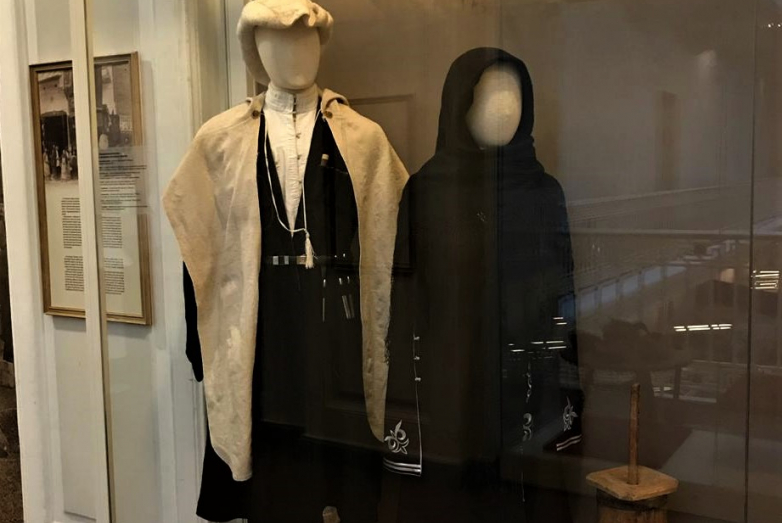
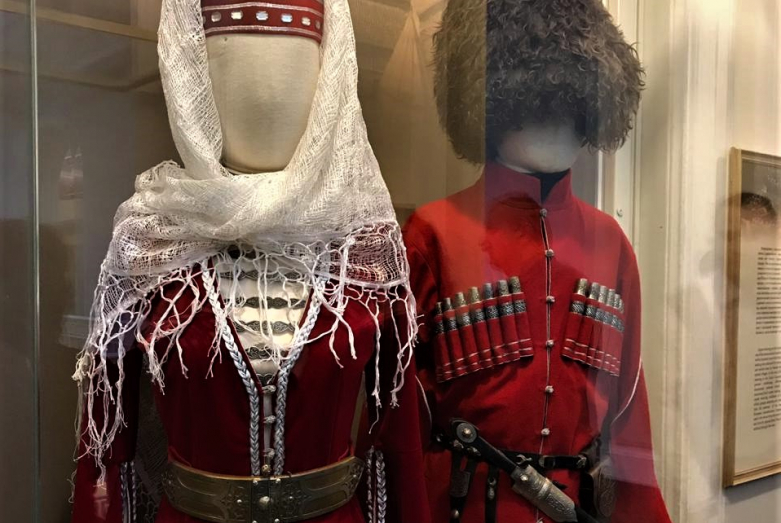
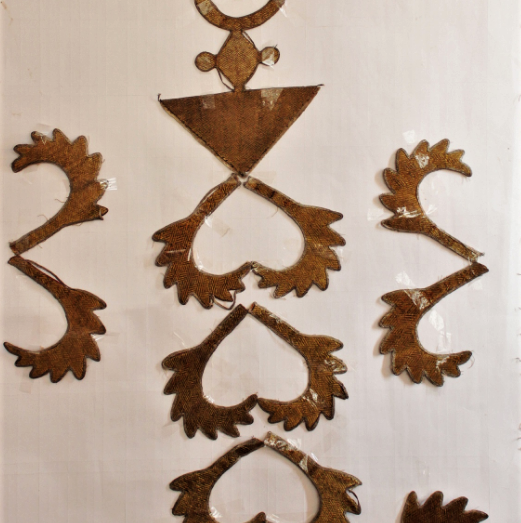
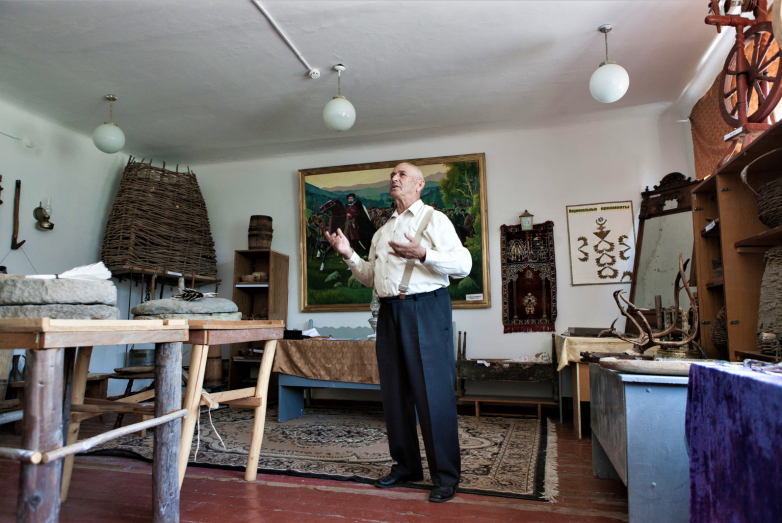
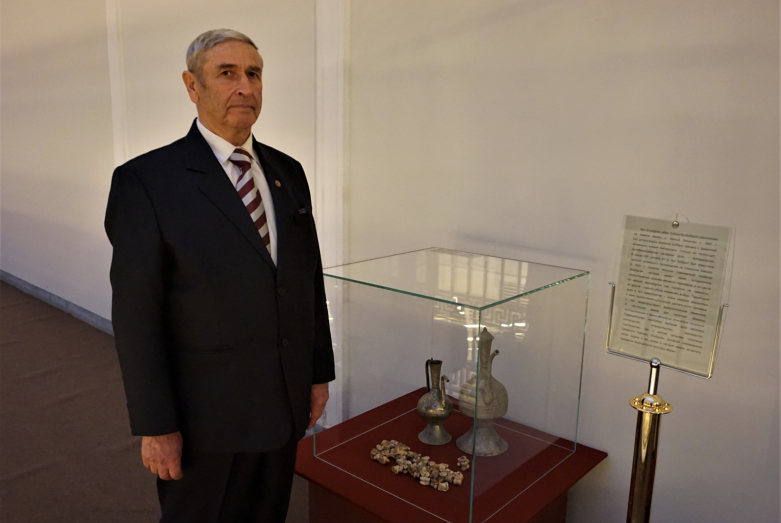
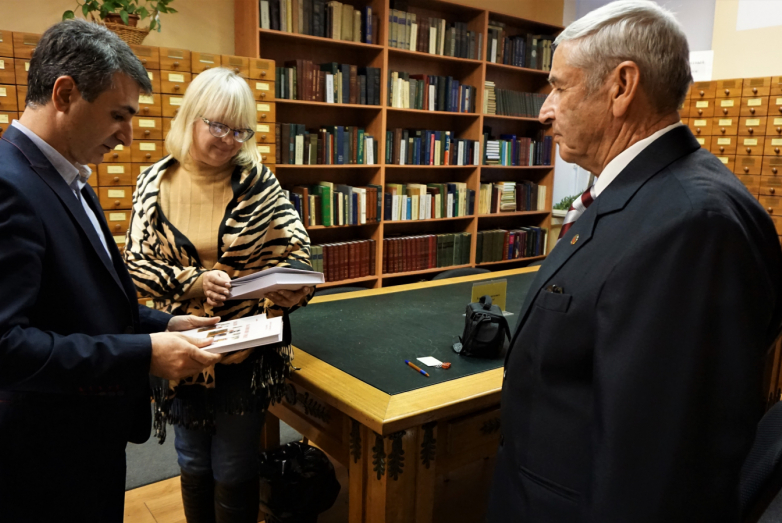
to login or register.